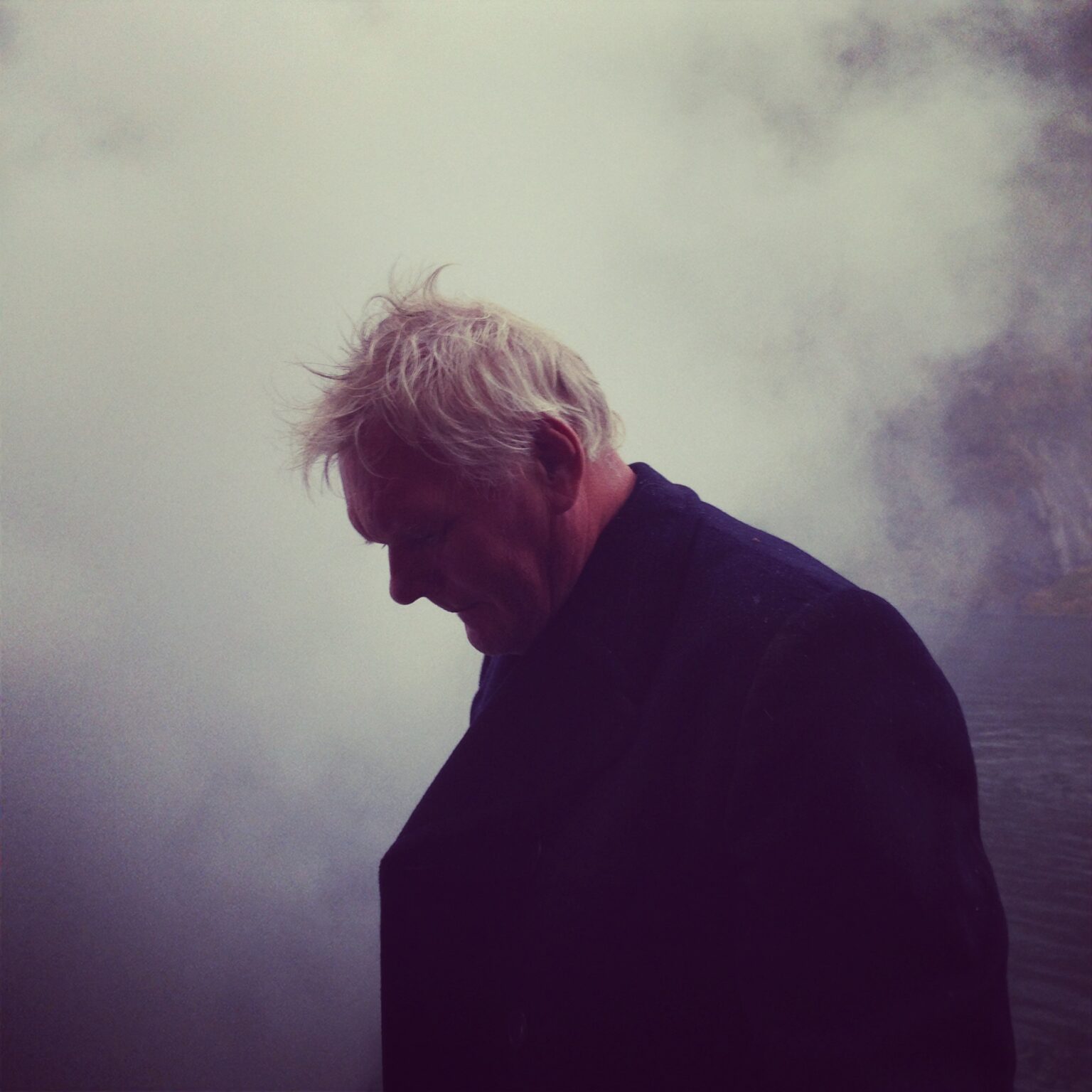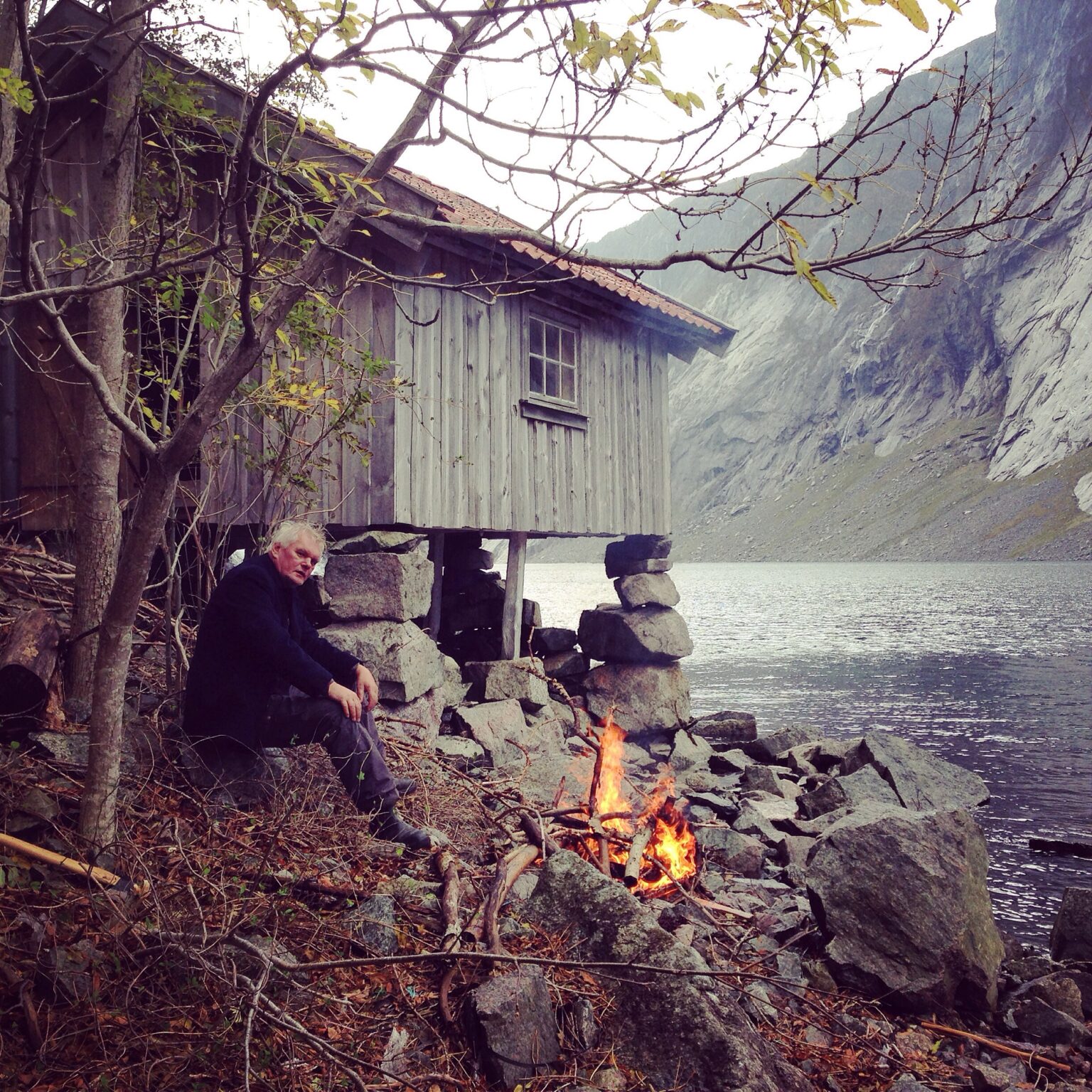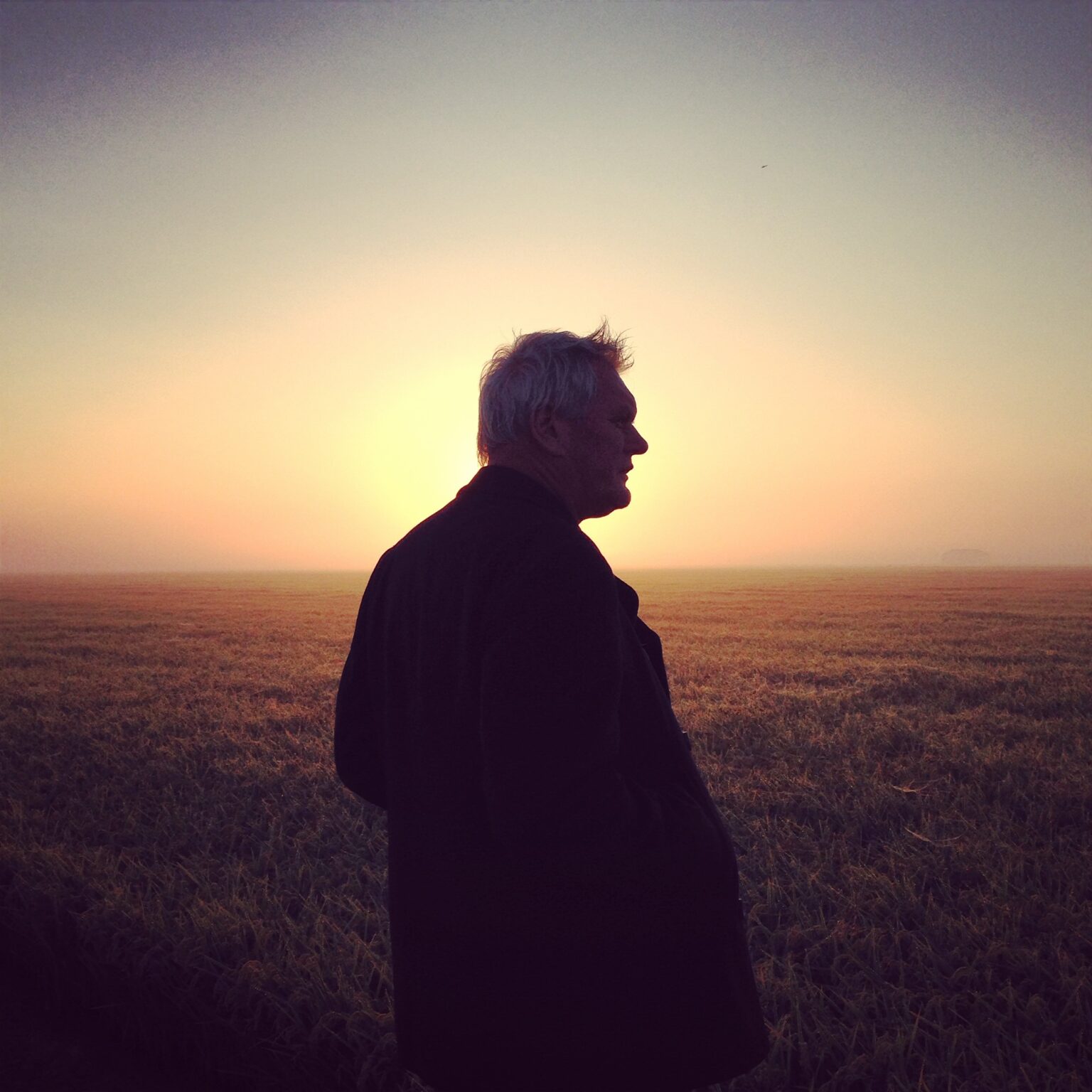The Wild Kitchen
80 x 25 minutes // 2 x 50 minutes // made for NTR // broadcasted from 2012 - 2018
80 x 25 minutes // 2 x 50 minutes // made for NTR // broadcasted from 2012 - 2018
From his cot on wheels, culinary journalist Wouter Klootwijk hits the road with his old Dutch gentleman's bicycle.
For each episode he departs on a global scavenger hunt trying to find out all about mackerel, cabbage, frying pans, italian ice cream, hummus, knives, apples, squid, lemons, steel, chicken, herbs, bottles, soup, herring, lobster, water, horses and pressure cookers… And did we mention king crabs yet?
The Wild Kitchen is the first cooking programme that does not involve cooking.
Or maybe occasionally. A fire of washed-up wreckage on the rocks. A pot of boiling seawater. Lobster in. Done. No points are given and no one is voted out.
Moreover, Wouter tells tall stories about where our food comes from, how it’s made and from what insane experiment/big bang it all started. Call it reverse cooking. The secret recipe? A lot of curiosity, a pinch of genuine astonishment and no prejudice. What remains are more questions than we’ll ever be able to answer. It definitely has kept viewers on the edge of their seats for well over 70 episodes.
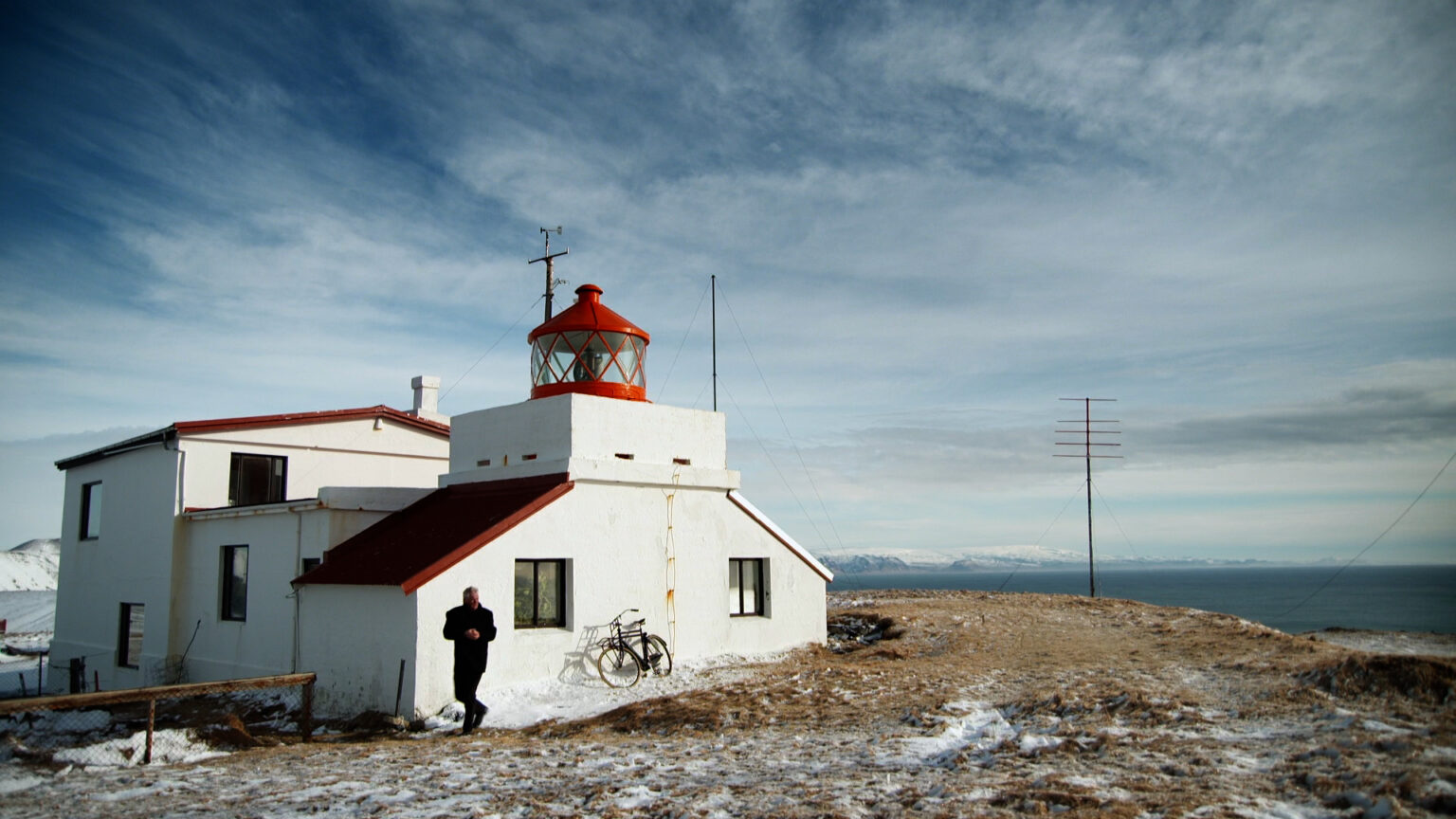
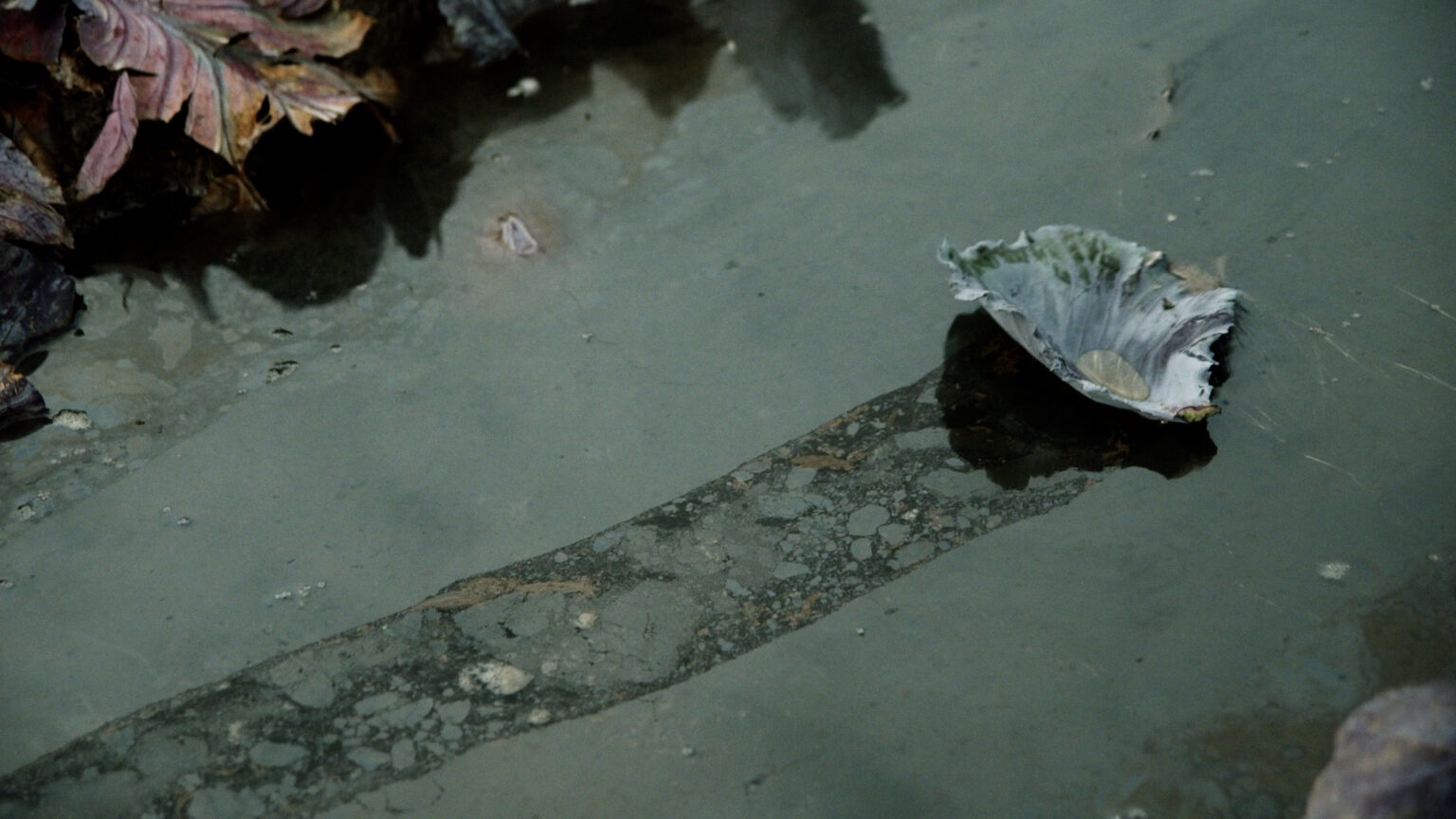
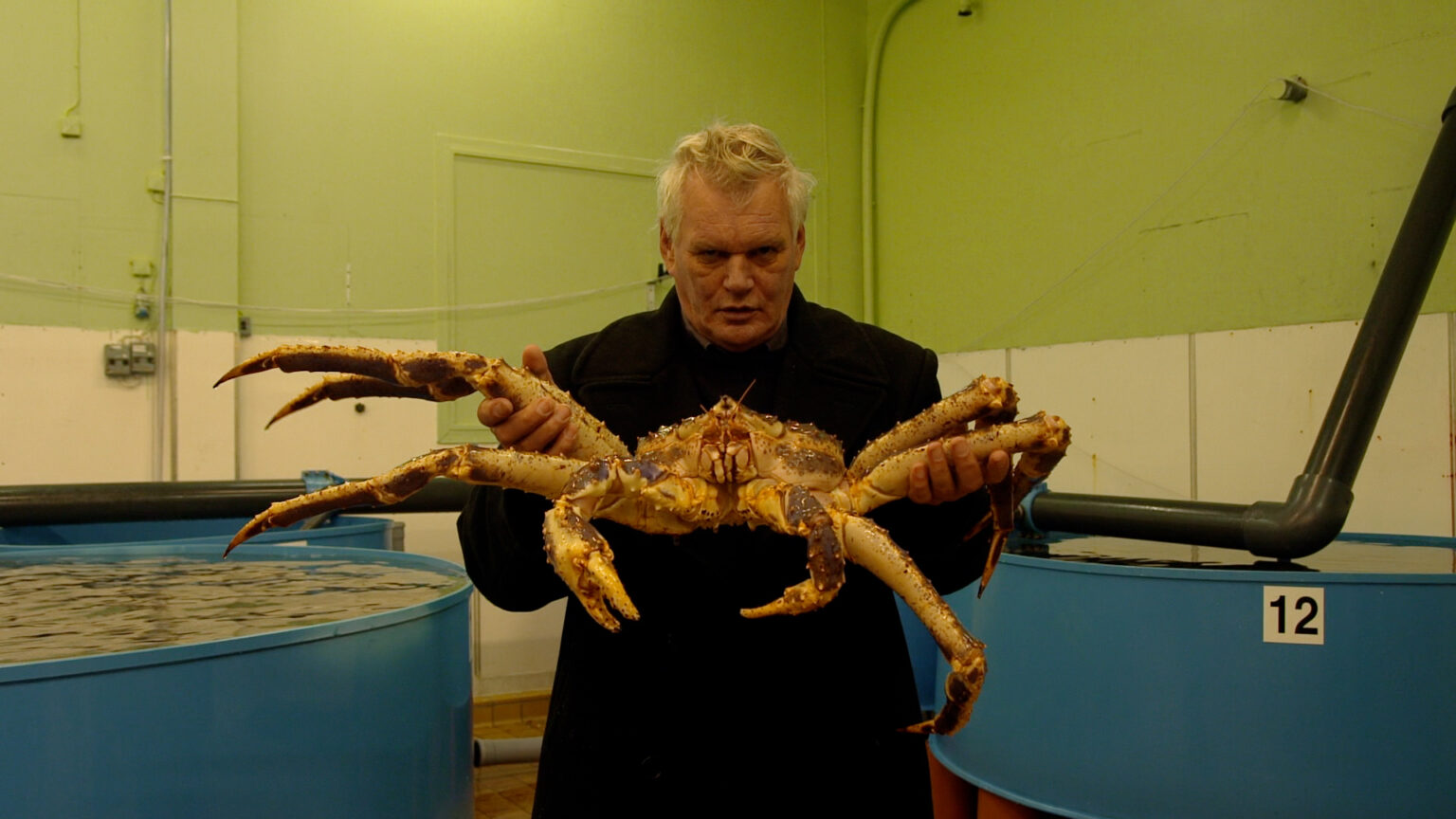
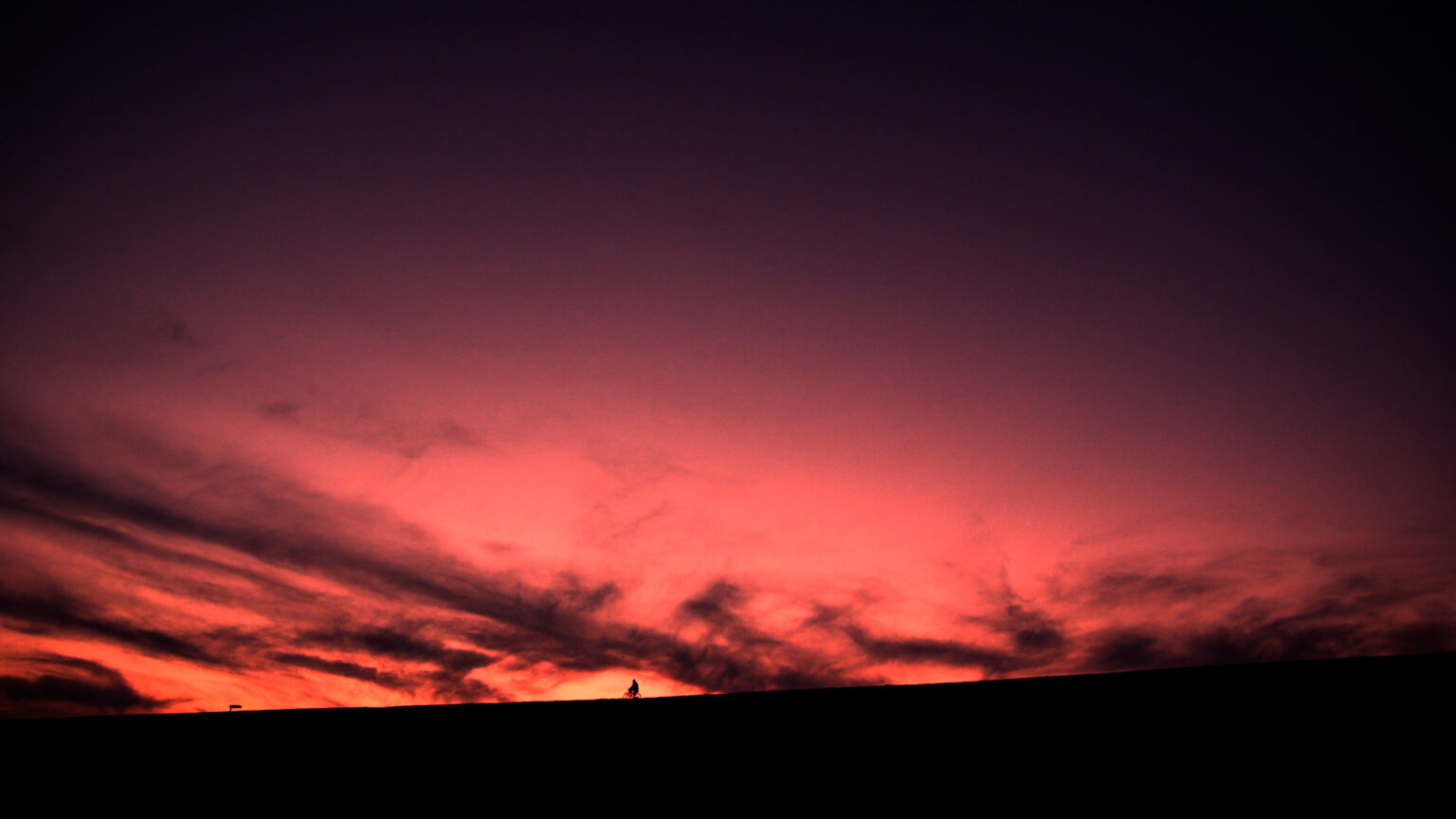
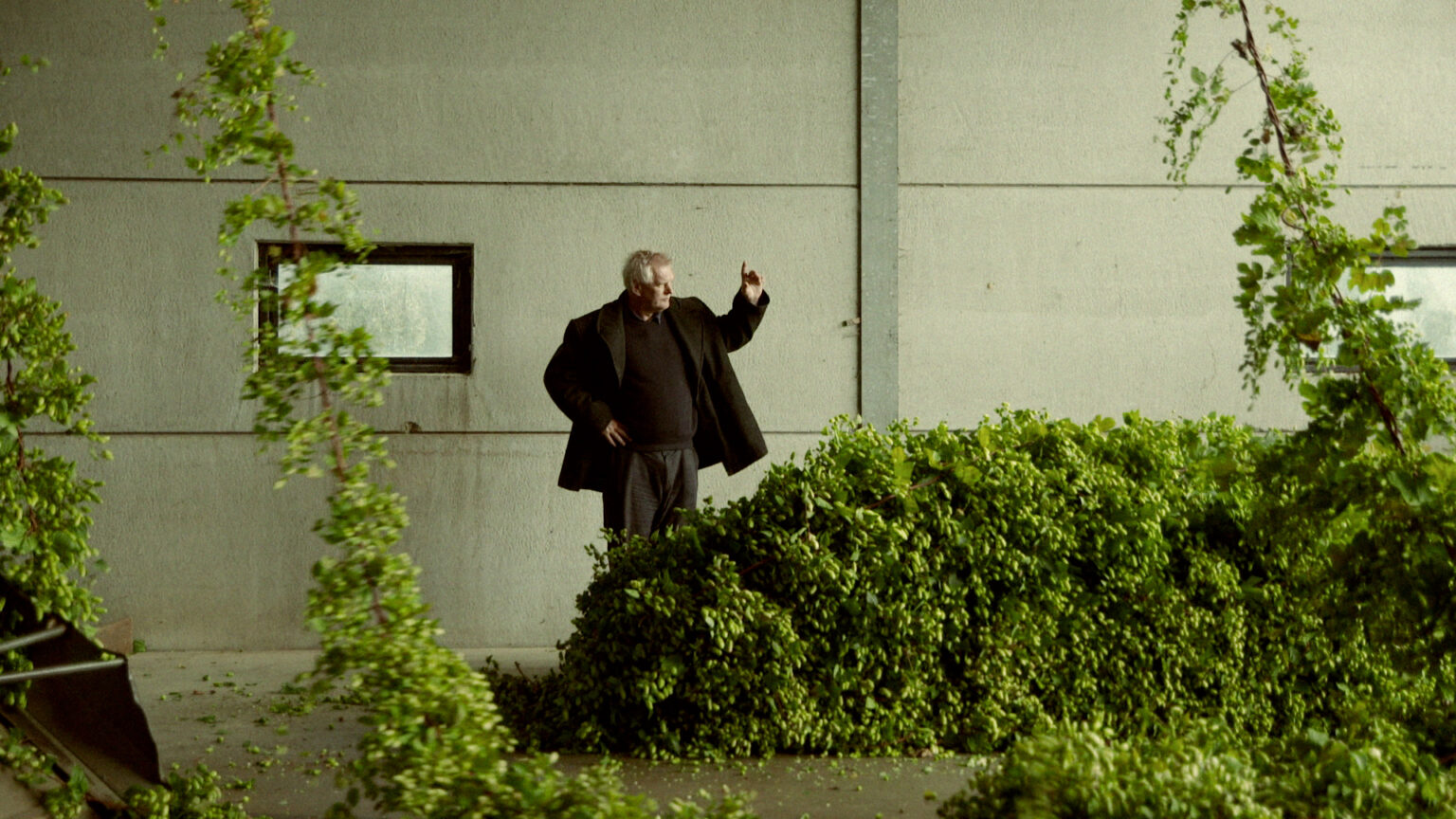
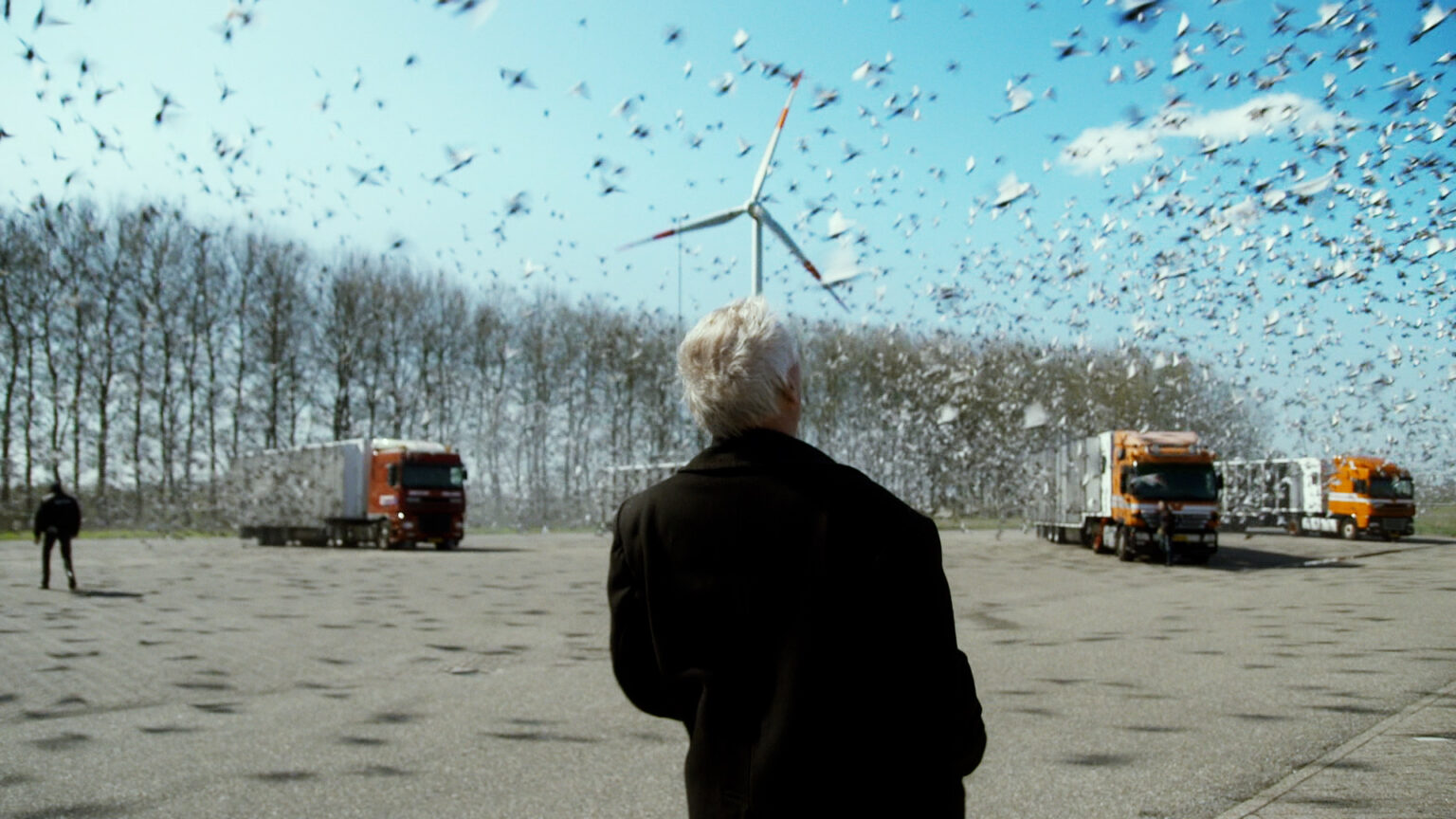
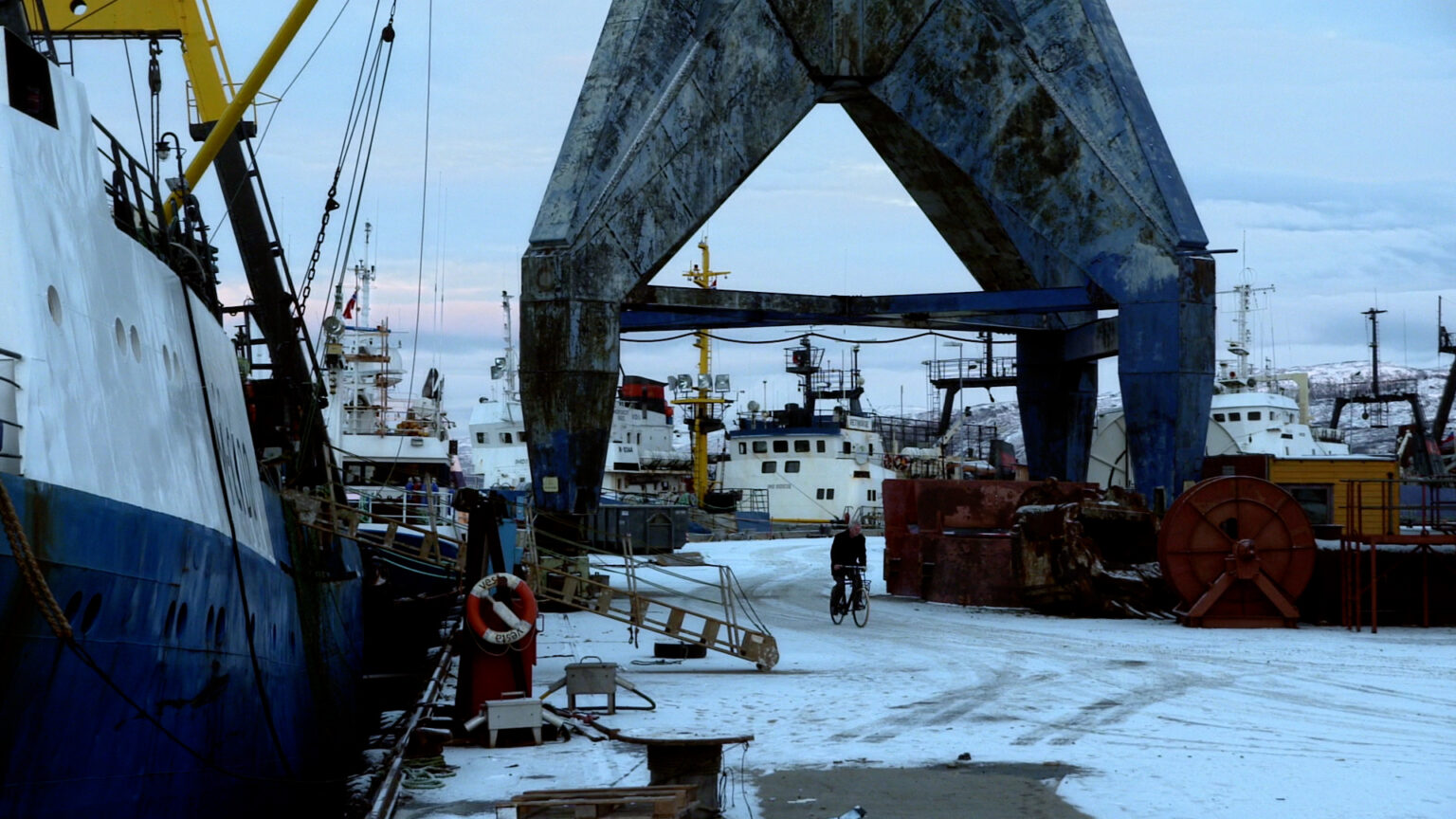
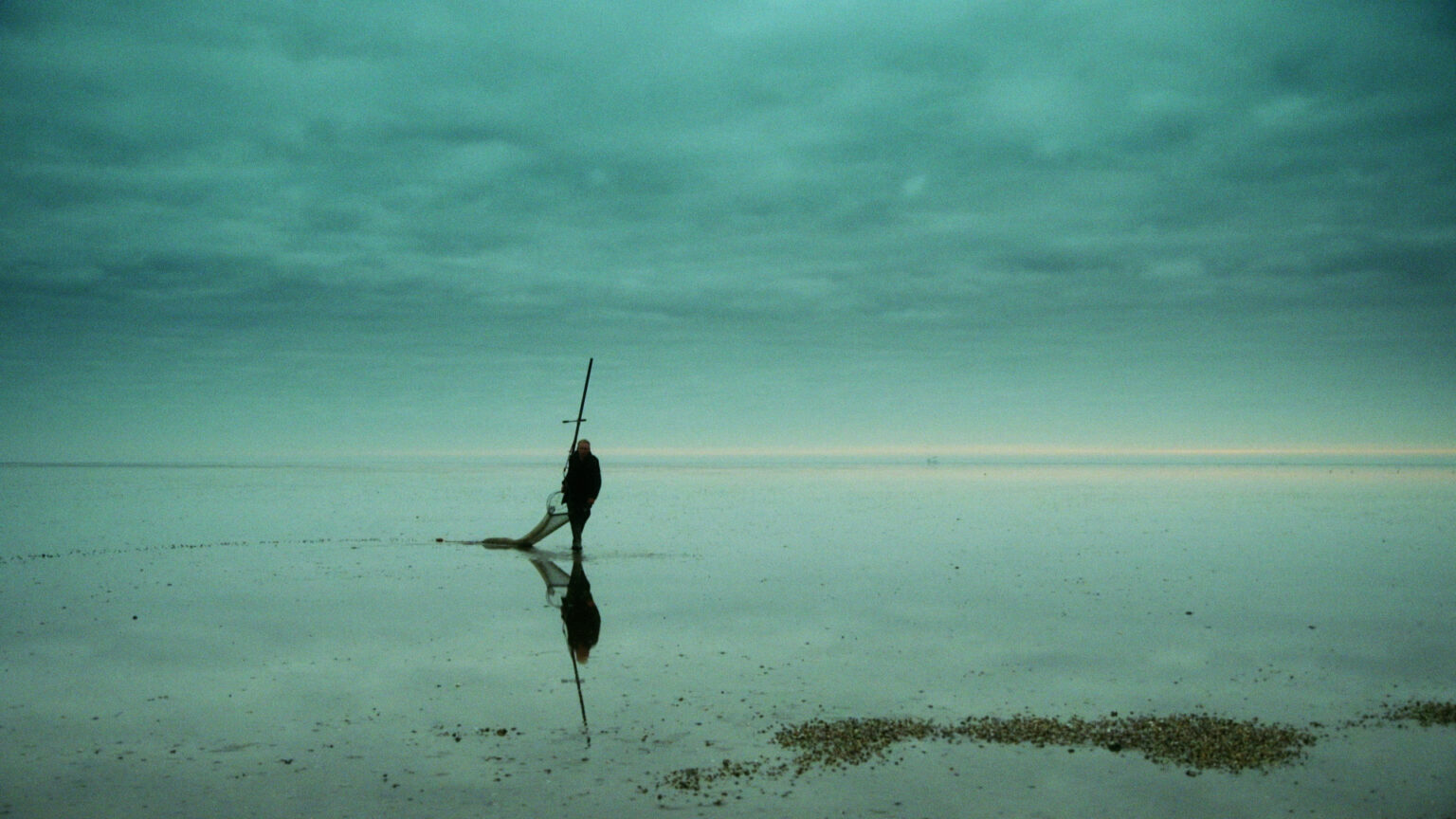
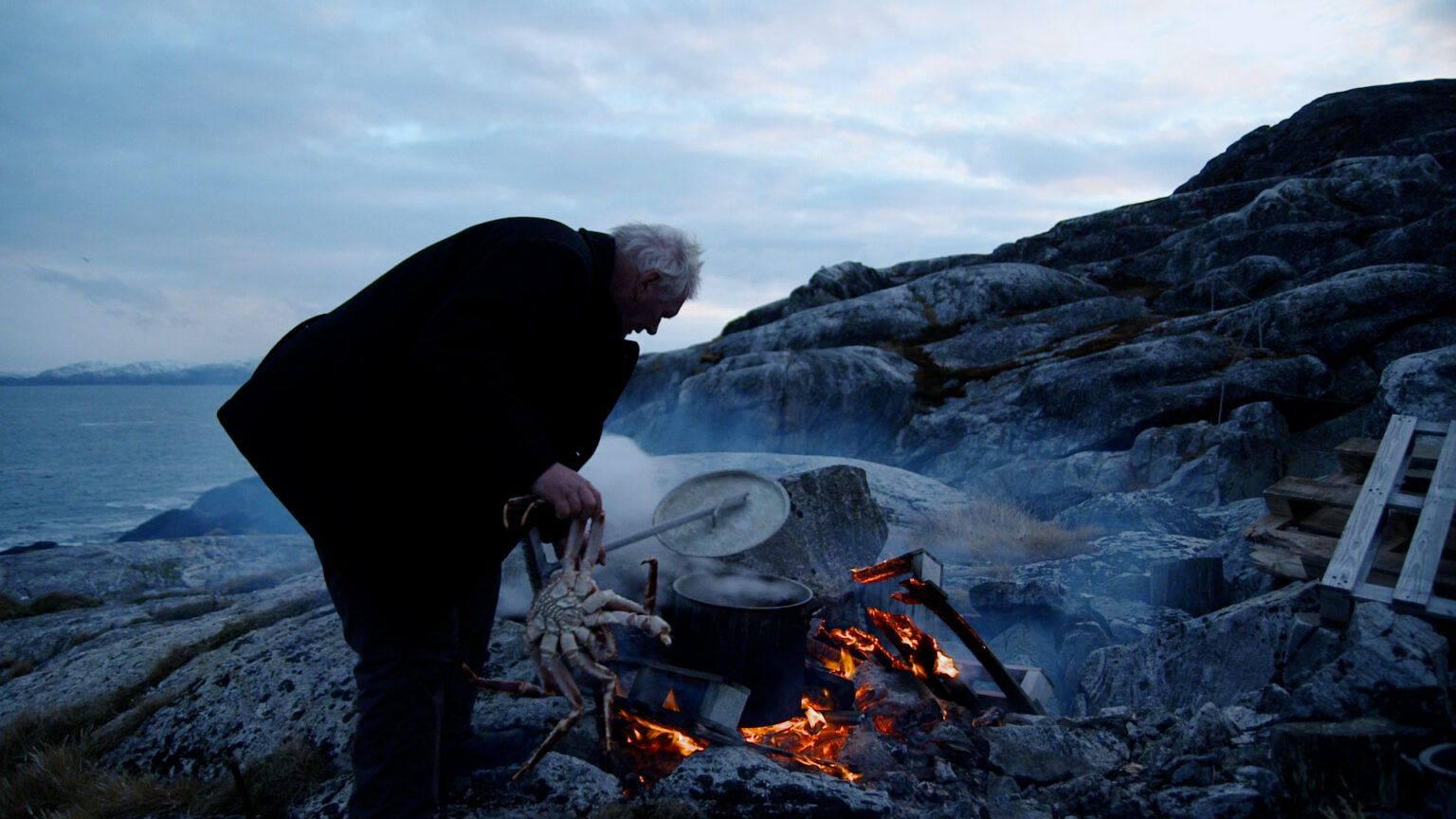
Wouter Klootwijk
Joost Engelberts
Bas Zwartepoorte
Siebren Hodes
Maarten Kramer
Joost van Herwijnen, Jacko van't Hof
Jillis Schriel
Erik Leek
& Benny Janssen
Joris Vermeer
Sven Speybrouck
Jef Grosfeld @ Loods Lux & Lumen /
Maurik de Ridder S08
Jaim Sahuleka
Bart Jilesen
Caroline Hoeberechts
Pepijn Klijs
Pelle Asselbergs
Michiel Boesveldt
Nanno Jiskoot
Daan Wierda
& Maurik de Ridder
Else-Marie Rombouts
Nelsje Munsch
Willemijn Francissen
Mark Coene
& Maaike van Hoecke

BEHIND THE SCENES
a talk with Joost Engelberts and Bas Zwartepoorte
How did the Wild Kitchen come about?
(J) We wanted to tell something about farmers and fishermen. Basically the food industry. Everyone is always brimming with judgements but actually nobody knows how you really catch a fish, or fatten a pig. We wanted to explore the simple questions, which led to 80 episodes. The trick was not to be judgmental but to be endlessly curious. It sounds very simple but it’s actually really hard. I miss that way of looking at the world nowadays.
What does such research on a particular topic for the Wild Kitchen look like?
(J) You think you know what a shrimp is until you find out that a shrimp can also be brown and huge. How do you actually peel a shrimp? By hand of course. But can you find a machine that can do it? Hundreds of questions about shrimp. You go out of the door with a question, without knowing the answer beforehand. So you really start to figure it out on the road.
But how do you come up with shrimp, or any other subject?
(J) In this case, we had a fisherman friend, and he would point things out to us. We would discover that a fish is ofcourse waterproof, so that if you hang it out to dry, it will also dry in the rain.. Such a discovery is basically enough for a whole episode.
For example, another fun question was: does a pig fit into its own gut? Because you know that a sausage is made of pig intestines. So if you mix up everything that is pig and you keep the gut, can you stuff the pig into its own gut? And suddenly you end up in China for the asnwers. Where they measure the gut with rings that determine the diameter.
Can you describe a scene that is forever imprinted in your brain?
(B) Apparently all Italian ice cream makers come from the same area in northern Italy. So for our episode about Italian ice cream, we had bought a campervan and drove it to the Dolomites. Joost, Siebren and I were driving non-stop and even changed the steering wheel whilst driving in the middle of the night. Upon arrival in Tai di Cadore, situated in the shade, it was so cold that our friend Roberto Colletti -who is an amazing ice cream from Utrecht- could make ice cream in a wok! And do we still remember the sgroppino’s ? Yes, I’m afraid we do.
Can you tell us something more about about your way of working?
(J) Our credo was not to have an office, but mainly to have coffee together in the kitchen and talk. And then we would have actual production meetings on the go and schedule the next meeting again at the next location. So research, planning, producing, it all happened on the road and while shooting. Everything, all at once, on the move and always together. And the same applied to editing. Everyone was involved, thinking about everything, making all the cuts together. Eventually, we would have one final viewing with the managing editor and that was it.
It sounds quite efficient actually?
(J) Well it’s super efficient because you don’t calculate time in shooting days. So sometimes it took 10 shooting days for a 30 minute episode and sometimes only 3. Time was not that important, except for the delivery deadline. This way of working was possible because it was an ongoing series and we worked with a small team. We did everything ourselves: research, sound, camera, directing, production, editing, everything, everywhere, all at once.
What was working with Wouter like, could you direct him?
(J) A real treat. You don’t have to tell him what to do. But he never had to tell me what to do either, haha. It was one big party really.
(B) Yes, all things I’ve learned from working with Wouter in those early days, I still use them in my work. Maybe even while raising my two kids… Wouter has a unique vision on certain things in life. So yes, like Joost says; a real treat.
